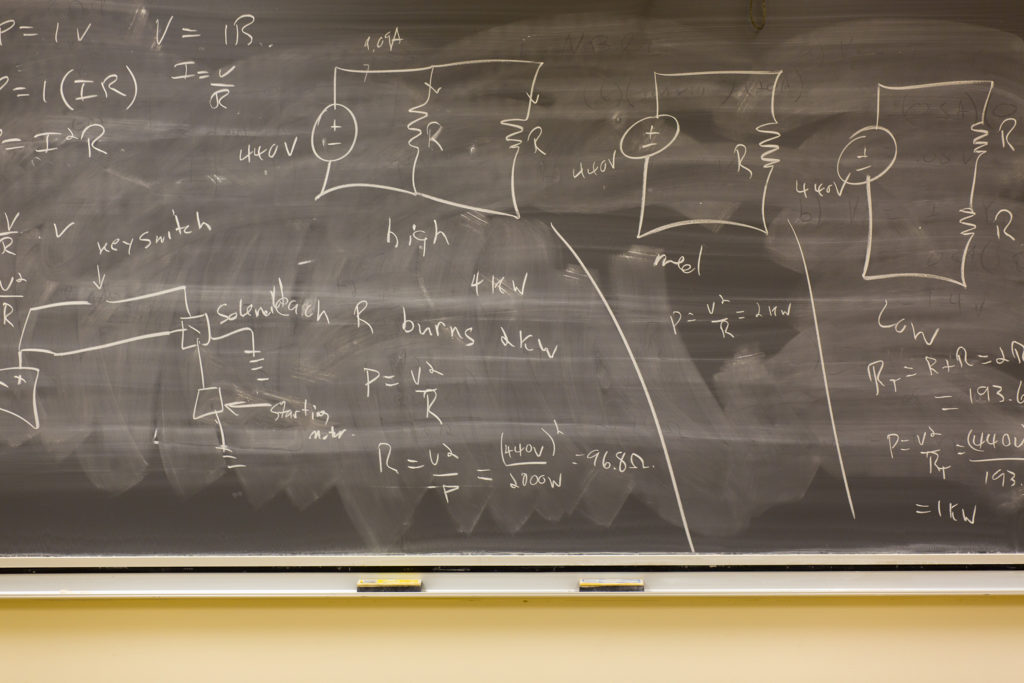
Lessons from the Book of Haggai
Haggai, the “Temple Builder,” wrote in 520 BC., during the time of King Darius. Unlike most other books, four specific dates are given: Haggai spoke a prophecy on September 1, 520, October 21, 520, and two prophecies on December 24, 520. The book says virtually nothing about Haggai himself.
The book deals with the rebuilding of the temple following the Babylonian Captivity. Cyrus gave a decree in 538 allowing people to go back and restore the temple. In 536, Zerubbabel led the first group back to Jerusalem to start the building. Yet, during the next sixteen years, the Hebrews allowed personal affairs to interfere with the project. It was at this time that Haggai appeared on the scene and said, “I want you to build God’s temple.” Within four years, the temple had been rebuilt.
Let’s examine some practical lessons as God’s people rebuild his temple.
God does not bless idleness.
At the beginning of the book, God says that he was not blessing his people because they were not active in his work. He said, “Is it a time for you yourselves to live in your paneled houses, while this house lies in ruins?” (1:4). The people themselves had nice houses, but they allowed God’s house to go untouched. God did not bless their idleness. In fact, God makes a point that he refused to bless them.
God does not bless our idleness. He expects us to be active in his work (cf. Eph. 2:10).
The Lord deserves to be first.
“My house lies in ruins, while all of you hurry off to your own houses” (1:9). God’s house was destroyed, yet his people were busy with their own affairs. God’s people were not putting God first. God deserves to be first. Our lives need to revolve around God and not expect God to revolve himself around us.
There is power in the Word of God.
“[The people] obeyed the voice of the LORD their God, and the words of the prophet Haggai, as the LORD their God sent him; and the people feared the LORD” (1:12). After Haggai spoke to the people, they obeyed the voice of God. Haggai did not need to be a great orator, but the people obeyed because his message was from God. Today, the Gospel is powerful (Rom. 1:16), and can lead people to repentance.
One can be courageous when God is with him.
God encouraged those in charge of the temple’s building to “take courage” (2:4-5) since he was with them. They had reason to take courage—God would help and support them. Even when things became difficult, they could know that God would provide. Today, we can be confident because God has promised to provide (Matt. 6:33).
God blesses those who do his will.
“From this day on I will bless you” (2:19). When the people refused to honor God, he refused to bless them. But now, they are actively building the temple. Therefore, God chose to bless them. Their needs would be provided.
Today, we cannot receive all of God’s blessings when we are not obedient. But, when we are obedient God does promise to take care of us. He does not promise that things would always be easy, but he does promise us that our needs will be provided (Matt. 6:25-33). God will take care of his children.
God controls the nations.
“I am about to shake the heavens and the earth, and to overthrow the throne of kingdoms; I am about to destroy the strength of the kingdoms of the nations, and overthrow the chariots and their riders” (2:21-22). Here, God proclaims himself as the Ultimate Ruler of the universe. Every nation must bow before God. If God decides to overthrow a nation, no amount of military might will keep it in power. God is more powerful than military strength. Daniel told Nebuchadnezzar, “The Most High has sovereignty over the kingdom of mortals, and gives it to whom he will” (Dan. 4:25).
The book of Haggai is an interesting book. It tells the story of the rebuilding of God’s temple. It tells us that God deserves to be first, blesses the obedient, and has dominion over the kingdoms of men.





